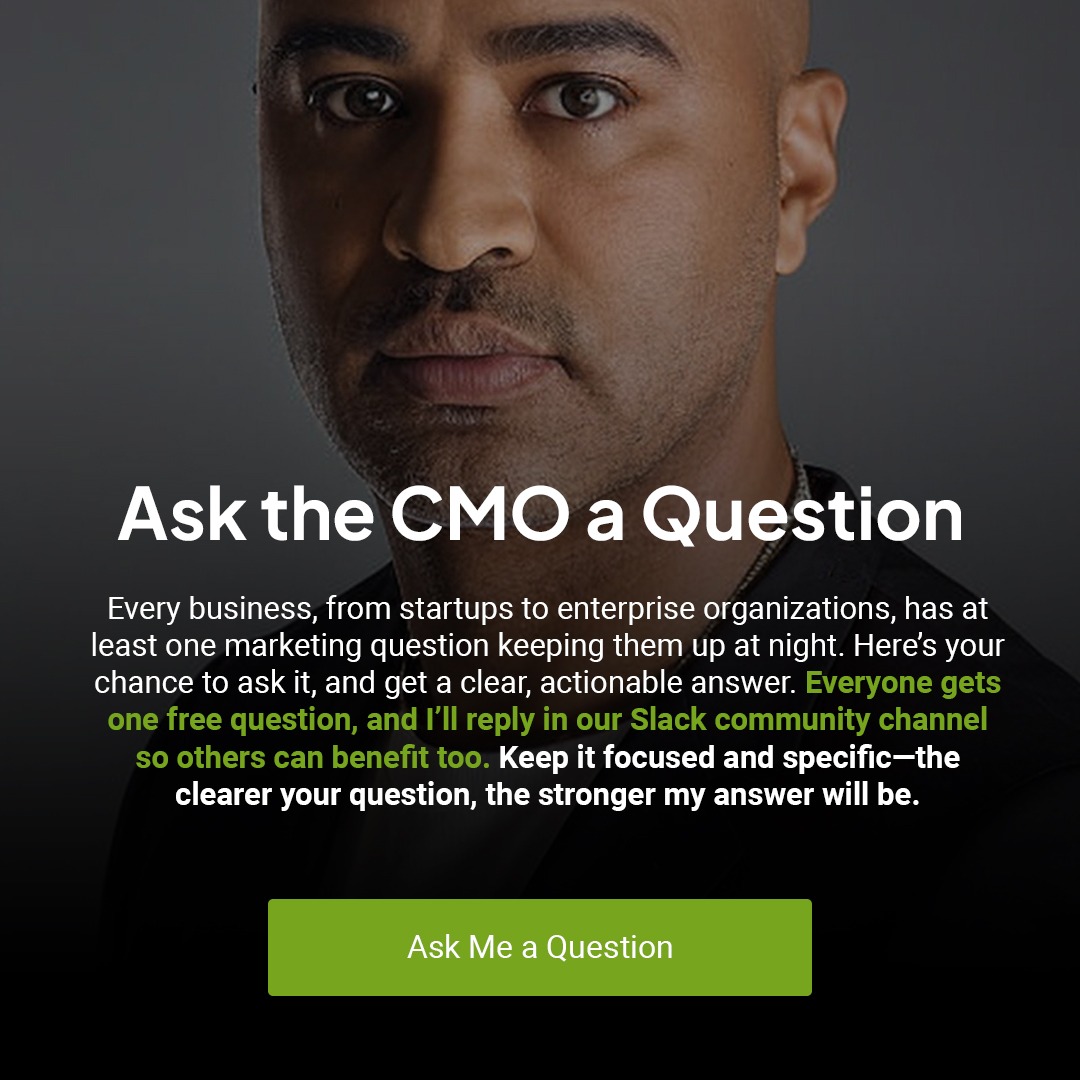The Great Support Mirage
Let’s start with a story that’s probably all too familiar. One of our agency’s client projects recently hit a critical snag with a third-party tech vendor—an issue significant enough to halt engineering work for over a week. The vendor, who boasts about offering premium support for paying customers, responded with… crickets. Their “live chat” is nothing more than a glorified ticket generator, and their “priority handling” is empty marketing language.
After thousands of dollars spent with this vendor, we were left with automated empathy and a team-wide stall in progress. There is no phone number, no clear escalation path, just hope, and a ticket system so backlogged it might as well be a digital black hole.
We finally got a flicker of human response—not from their support team, but after manually messaging every employee we could find on LinkedIn. Only then did someone show a shred of concern and offer to “prioritize” our ticket. But even that, honestly, might be another spin of the wheel.
And this isn’t an isolated incident. It’s a systemic failure that begs ethical questions no one in the tech industry seems ready to answer.
When “Support” Is Just a Checkbox
There’s a pattern forming. Tech companies—especially SaaS platforms and infrastructure vendors—have built empires on subscriptions, promises, and convenience. But when something breaks, the support pathways are either so convoluted or so perfunctory that they border on deceitful.
“Live chat” often routes to a bot or just another ticket form. “Priority support” becomes indistinguishable from regular support. And the promised response times? Fiction.
The reality? Support is treated as a cost center, not a value stream. The moment you need them the most is the moment they disappear. And that’s not just frustrating—it’s unethical.
The Ethical Breach
Let’s unpack this from an ethical standpoint:
- If a company advertises premium support as part of a paid plan, and then fails to provide a measurable difference in service, is that false advertising?
- What responsibility does a company have when their lack of support causes financial harm to a paying customer?
- Why is there no accountability when support failures result in missed deadlines, lost revenue, or damage to customer relationships?
These aren’t rhetorical questions—they are the basis for a larger conversation about the ethical obligations companies have once they’ve accepted your money.
Support is not a favor. It’s a part of the product. And when that support fails, it’s not just poor service—it’s a breach of contract in spirit, if not always in law.
The Real Costs: Productivity, Trust, and Burnout
In our case, an unresolved issue caused our engineers to stall. That’s billable time wasted, team momentum lost, and internal stress ramped up. It’s a tax on trust, and a drain on morale.
Multiply that scenario across thousands of businesses, and you begin to see just how damaging this support malpractice is. Entire teams are held hostage to “we’re sorry you’re experiencing this frustration” emails—while no one actually does anything.
Even worse, these companies know they have you. They’ve built a moat of automation, broken escalations, and inaccessible humans around their services. Because switching platforms is expensive. Because your business is already too embedded. Because the friction of changing outweighs the pain of staying.
And they exploit that.
Real Talk from the Inside
We called their parent company. Talked to someone in sales. You know what they said?
“That’s just how it is with these people.”
And that should tell you everything you need to know.
These systems aren’t broken. They’re designed this way.
But Why Do They Do It?
Because silence is scalable.
Support—real, human, accountable support—is expensive. And unlike marketing or engineering, it doesn’t contribute directly to acquisition or product development. So they strip it down, outsource it, automate it, and hide it behind layers of interfaces that make it impossible to reach someone with decision-making power.
Then, they slap on some language about empathy, responsiveness, and customer obsession—and hope you won’t notice the disconnect.
A Call for Industry-Wide Accountability
The problem isn’t just one company. It’s the broader tech ecosystem that treats support like a necessary evil instead of a core product feature.
So here’s what needs to change:
- Clear SLAs (service level agreements) for every support tier, not just enterprise contracts.
- Real-time accountability, including direct escalation contacts.
- Transparency about who is handling your issue and what the resolution timeline looks like.
- Refunds or credits when promised support is not delivered, just like any other broken service.
Let’s Talk About It
Have you had a similar experience? Have you been left hanging after paying for “priority” service that felt anything but?
We want to hear your stories. Comment, share, or tweet your experiences using #SupportMalpractice. Maybe, just maybe, the pressure of collective outrage will force some companies to do the right thing.
Final Thoughts: It’s Time to Treat Support as a Right, Not a Perk
If your company profits from customers, you have an obligation to serve them—not just when they sign up, but when things go wrong. Hiding behind automation and ignoring cries for help is malpractice. It erodes trust, undermines relationships, and puts your entire product ecosystem at risk. This isn’t just a customer service problem. It’s an ethical one. And it’s long past time we called it what it is.
Keep Reading
Want more? Here are some other blog posts you might be interested in.
Confusing a launch plan with a GTM strategy is one of the fastest ways to stall growth. A launch plan gets ...
On Monday, October 20, 2025, Amazon Web Services experienced a major incident centered in its US-EAST-1 region. The problem began in ...
There is a certain kind of account that arrives wrapped in urgency and praise. They hire you because you are the ...
For founders and growing companies
Get all the tips, stories and resources you didn’t know you needed – straight to your email!




